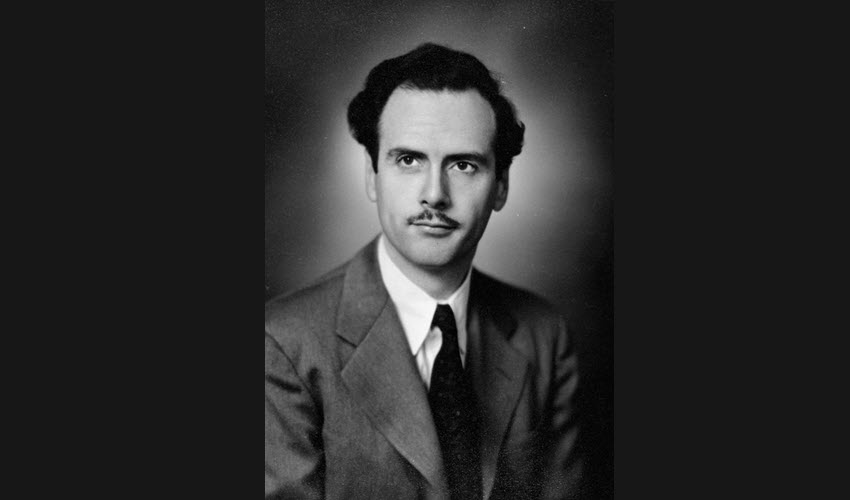Understanding McLuhan: Navigating Media and Message in the Digital Age

Image Courtesy: Wikipedia
Marshall McLuhan (21 July 1911 – 31 December 1980) was a Canadian philosopher whose work is among the cornerstones of the study of media theory.
Life and Career
Marshall McLuhan was born on July 21, 1911, in Edmonton, Alberta, Canada. He studied at the University of Manitoba and later pursued graduate studies at Cambridge University and the University of Oxford. McLuhan’s academic journey exposed him to various fields, including literature, culture, and philosophy, which influenced his later work on media and communication.
In 1946, McLuhan began his teaching career at the University of Wisconsin-Madison, where he focused on the impact of mass media on society. He later moved to the University of Toronto, where he became a professor of English literature. During the 1950s and 1960s, he developed his most influential ideas and theories, making him one of the most prominent thinkers in media studies.
Marshall McLuhan is best known for his groundbreaking ideas, including:
- The Global Village: McLuhan popularized the concept of the “global village,” which suggested that advancements in communication technology, such as television and the internet, were creating a sense of interconnectedness among people worldwide. He argued that these technologies were collapsing spatial and temporal barriers, making the world a more unified and interconnected place.
- “The Medium is the Message”: McLuhan coined the phrase “the medium is the message” to emphasize that the form of communication (the medium) shapes and influences the way information is perceived and understood, often more than the actual content of the message itself.
- Understanding Media: McLuhan’s seminal work, “Understanding Media: The Extensions of Man” (1964), explored the effects of various media on human perception, cognition, and culture. In this book, he discussed how different media, such as print, television, and radio, shape human consciousness and social behavior.
Marshall McLuhan passed away on December 31, 1980, in Toronto, Canada. Despite his death, his ideas and theories continue to resonate with scholars and thinkers in the fields of communication studies, media theory, and cultural studies.
Award and Legacy
Throughout his career, McLuhan received several honors and awards for his contributions to the study of media and communication. Notably, in 1970, he was named the “Philosopher of the Year” by the prestigious journal “Interplay.”
Marshall McLuhan’s work has had a lasting impact on media studies, influencing generations of scholars, writers, and artists. His ideas paved the way for the development of media ecology, a field that examines the complex relationships between media, technology, and culture. McLuhan’s foresight into the transformative effects of communication technologies remains relevant in the digital age, as his ideas continue to shape discussions about the social and cultural implications of media.
Moreover, McLuhan’s work has been cited in various academic disciplines, from communication studies to sociology and literature. His influence extends beyond academia, reaching the realms of advertising, design, and popular culture. He remains a significant figure in the exploration of how media shapes our perception of the world and how it influences our social interactions and behaviors.
On 21 July 2017, Google celebrated Marshall McLuhan’s 106th Birthday with a doodle.
Observer Voice is the one stop site for National, International news, Sports, Editor’s Choice, Art/culture contents, Quotes and much more. We also cover historical contents. Historical contents includes World History, Indian History, and what happened today. The website also covers Entertainment across the India and World.

